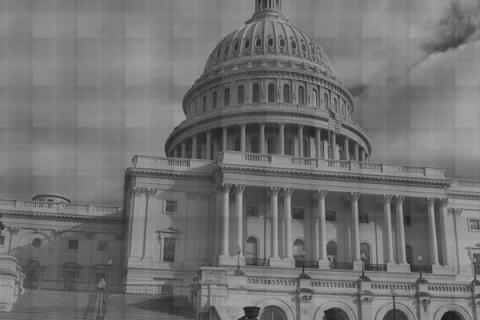As California's economy continues to languish, China is becoming an economic powerhouse. According to official government estimates, China has likely overtaken Japan as the world's second largest economy. Just four years ago, China's economy passed Great Britain to become the world's fifth largest economy. Meanwhile, California has dropped to the world's eighth largest economy, and after this year's economic statistics are fully vetted, it could drop even lower.
China's ascendance should put California and the United States on notice. While California and the United States (still the world's largest economy) are trending downward, China is rapidly rising on the world stage. Impressive growth rates, large-scale government stimulus packages derived from savings instead of debt, public works development, and a modernizing productive capacity are making China more and more competitive. Just last week, China unveiled the world's fastest train, which now links several of its more undeveloped regions to booming urban centers where industry and service reign. It expects to add forty-two more high-speed rail lines by 2012. In addition, China owns approximately $1 trillion of our national debt, and has been highly critical of the Fed's dollar devaluation policies and massive government spending packages (money derived from borrowing, not savings).
California, on the other hand, continues to lose its competitive edge in the global economy. Massive debt, high unemployment, hostile business conditions, and a decimated export industry have pummeled the golden state. Like America at large, California's consumer sector has replaced manufacturing and production as its leading economic engine. Unless California and the United States rebalance their economies with a more production based and savings oriented approach, they will continue to deteriorate, weighed down by big deficits, huge debt, a weak Dollar, high unemployment, and subpar growth.
There are some, however, that believe China could be following the same trajectory as Japan in the 1980s and the United States in the 2000s. Artificially low interest rates, government spending sprees, and huge bubbles in the credit, real estate, and stock markets propelled Japan and the US to temporary record highs before spectacular collapses. Some economists are warning of a similar fate for China. If the more bearish scenario plays out, California and the United States could gain a much needed reprieve from China's dizzying rise to economic prominence. But, if China is able to avoid its own bubble, then California will likely be left in the dust and in five years, the US may find itself face to face with a legitimate superpower that owns more than $1 trillion of its debt.
Urgent action is needed to avoid the latter scenario. Radical, new ideas, unorthodox solutions, and a slew of fresh faces are desperately needed to reshape California and the United States. The golden state, as well as the entire nation, need a brand new vision to replace the stale policies of the past. Hopefully, in 2010 and 2012, voters will begin instituting this new vision to rescue California and America from the economic abyss.
